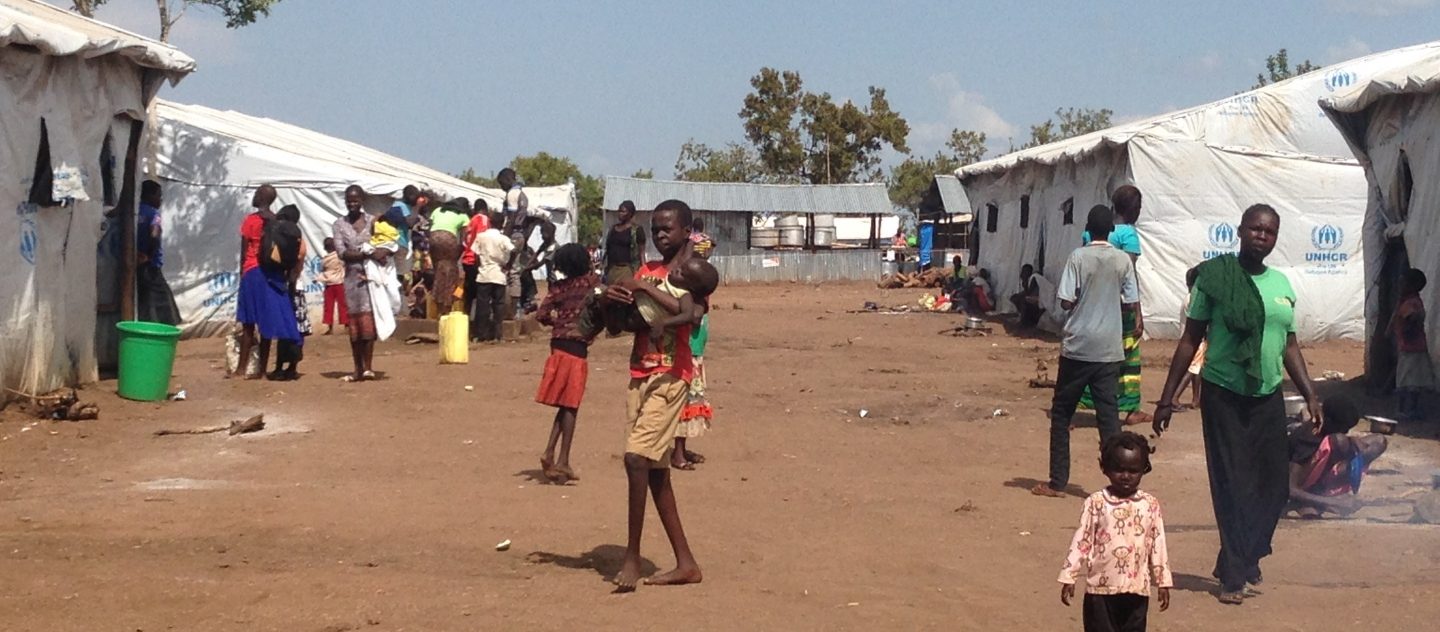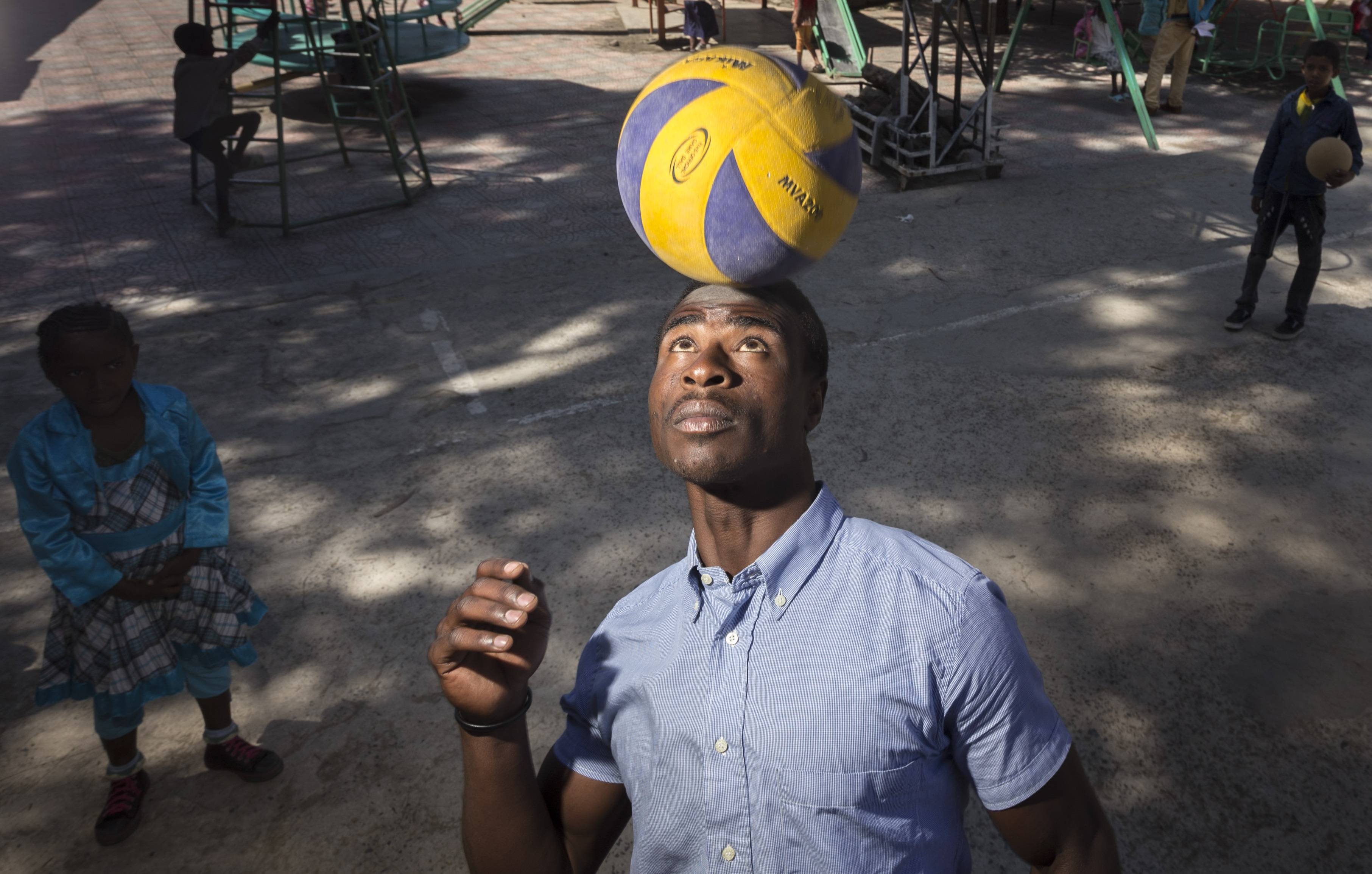UNHCR makes $1 million vehicle donation to Uganda to support South Sudan Emergency Response
10 vehicles to support the needs of a rapidly growing refugee population in the West Nile region in northern Uganda, the epicentre of the South Sudan emergency response
KAMPALA, 8 December 2016 (UNHCR) – UNHCR, the UN Refugee Agency, in Uganda has donated vehicles worth more than US$1 million to the Office of the Prime Minister (OPM) and partners.
The vehicles were handed over at a ceremony attended by the Commissioner for Refugees David Apollo Kazungu, the UNHCR Representative to Uganda Bornwell Kantande and representatives from partner agencies.
Kantande emphasized the impact the vehicles will have in benefiting not only refugees, but also the Ugandan communities hosting them. “Ugandan host communities deserve immense praise for continuing to welcome refugees with open arms,” said Kantande. “Their generosity and hospitality is directly helping to save the lives of people fleeing war and violence. We stand ready to continue the guiding principle of utilizing 30% of our resources to improve schools, health clinics and other local infrastructure to benefit Ugandan host communities.
Referring to the South Sudanese refugee crisis in Uganda, which continues to face chronic and severe underfunding, Commissioner Kazungu called on implementing partners to maximise the use of the vehicles donated by UNHCR. “At this time of so little funding, we must make good use of all resources we are given,” said Kazungu. “I urge all agencies and partners to use these additional resources to address the most critical needs of the refugees”.
Ten vehicles were donated to implementing partners and six vehicles to OPM to support the needs of a rapidly growing refugee population in the West Nile region in northern Uganda, the epicentre of the South Sudan emergency response. In just a few months, Bidibidi settlement in Yumbe district, which opened in August this year, has become one of the largest refugee-hosting areas in the world. The sheer size of the settlement, where refugees are given plots of land rather than being confined in camps, means that vehicles such as those donated by UNHCR are vital in ensuring that humanitarian agencies are able to provide refugees with protection and assistance.
Since fighting broke out in Juba in July this year, an average of around 2,500 refugees a day have crossed the border from South Sudan into Uganda. Humanitarian agencies are endeavouring to respond to the needs of new arrivals but are facing significant challenges having received just 36% of the US$251 million needed to meet the needs of South Sudanese refugees in Uganda in 2016.
By Katherine Wainwright in Kampala, Uganda


